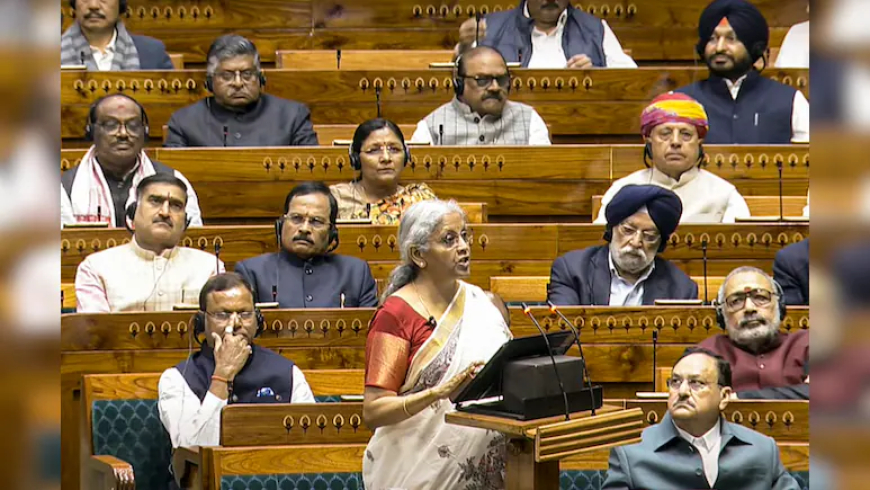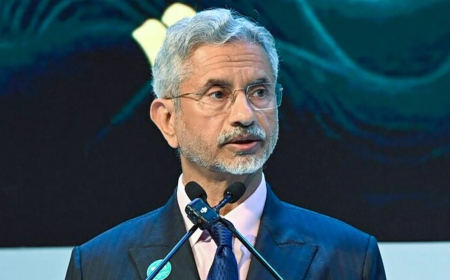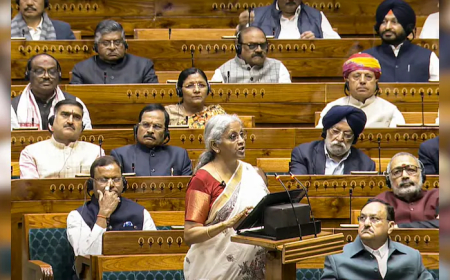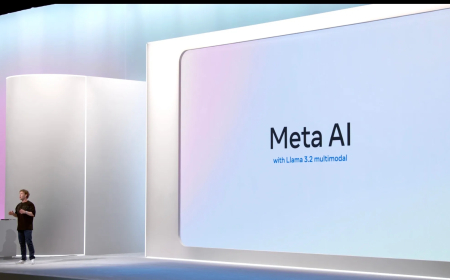What the Rs 12 Lakh Tax Rebate Means for Your Income
The recent Budget 2025 introduced a significant increase in the income tax rebate limit, paving the way for zero tax liability for individuals earning up to Rs 12 lakh.

In the recently presented Budget 2025, Finance Minister Nirmala Sitharaman has made a pivotal announcement regarding income tax rebates. The rebate limit has surged from Rs 7 lakh to Rs 12 lakh. This adjustment means that individuals with an annual income up to Rs 12 lakh will now hold a tax liability of zero. Such a move aims to ease the financial burden on middle-class taxpayers and invigorate economic growth.
However, the rebate is exclusive; individuals with a taxable income exceeding Rs 12 lakh will be subjected to the new tax slab rates. For instance, if your income stands at Rs 12.1 lakh, taxes become applicable. Under the new structure, the tax obligation would amount to Rs 61,500. The tax brackets are designated: 5% for income between Rs 4 lakh and Rs 8 lakh, 10% for earnings between Rs 8 lakh and Rs 12 lakh, and 15% for the income that exceeds Rs 12 lakh but does not surpass Rs 16 lakh.
Those earning beyond Rs 15 lakh will also experience benefits from the revised tax slabs. Previously, individuals in this category were taxed at 30%. The Finance Minister's proposal reduces this rate. Income between Rs 12 lakh and Rs 16 lakh will now be taxed at a more favorable rate of 15%, while income ranging from Rs 16 lakh to Rs 20 lakh will incur a tax of 20%, and earnings from Rs 20 lakh to Rs 24 lakh will be taxed at 25%. Only incomes above Rs 24 lakh will incur the highest rate of 30%. This restructuring promises significant tax savings, potentially amounting to up to Rs 1.1 lakh for some taxpayers.
The implications for the middle class and higher earners are substantial. With an aim to stimulate spending, the government hopes that these tax benefits will bolster consumer confidence and spending habits. Higher disposable incomes can translate into increased consumption, which is vital for driving economic growth in the country.
Moreover, this tax enhancement comes amidst a backdrop of various economic reforms focused on healthcare, infrastructure, and digitalization. The Budget 2025 reflects a strategy to address not just individual tax responsibilities but broader economic challenges as well. As these reforms unfold, their impact is anticipated to be twofold, benefitting individual taxpayers while also supporting national fiscal health.
As we navigate through these changes, it's crucial for taxpayers to understand their new obligations under this revised system. While the rebate represents a significant win for individuals earning below the new threshold, those exceeding it need to prepare for a structured and potentially more favorable tax burden. Thus, the Budget 2025 seems to strike a balance between enhancing taxpayer relief and maintaining revenue for essential government services.















































